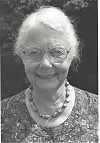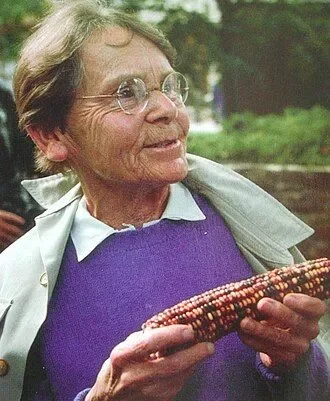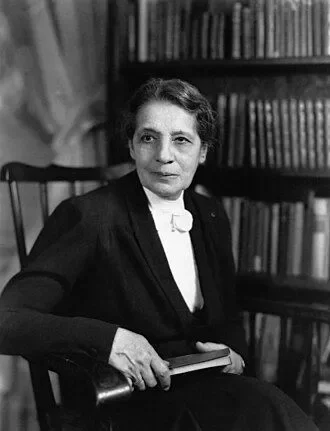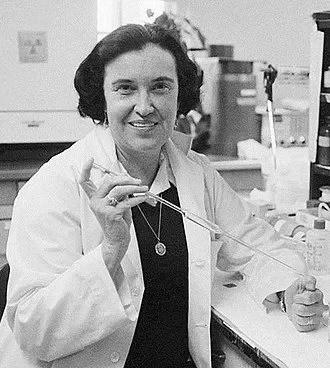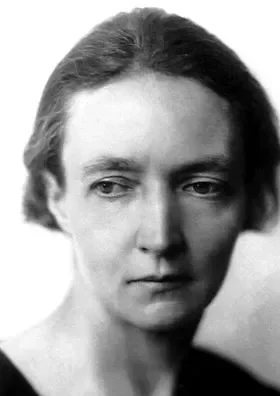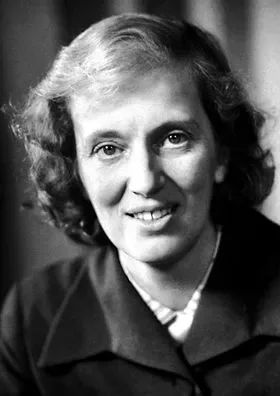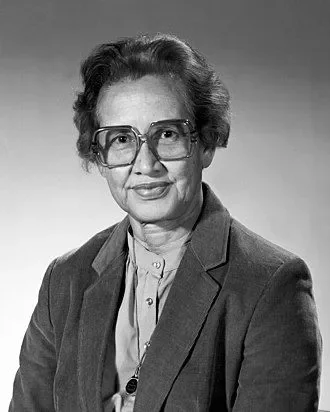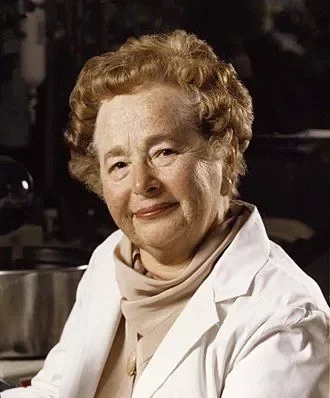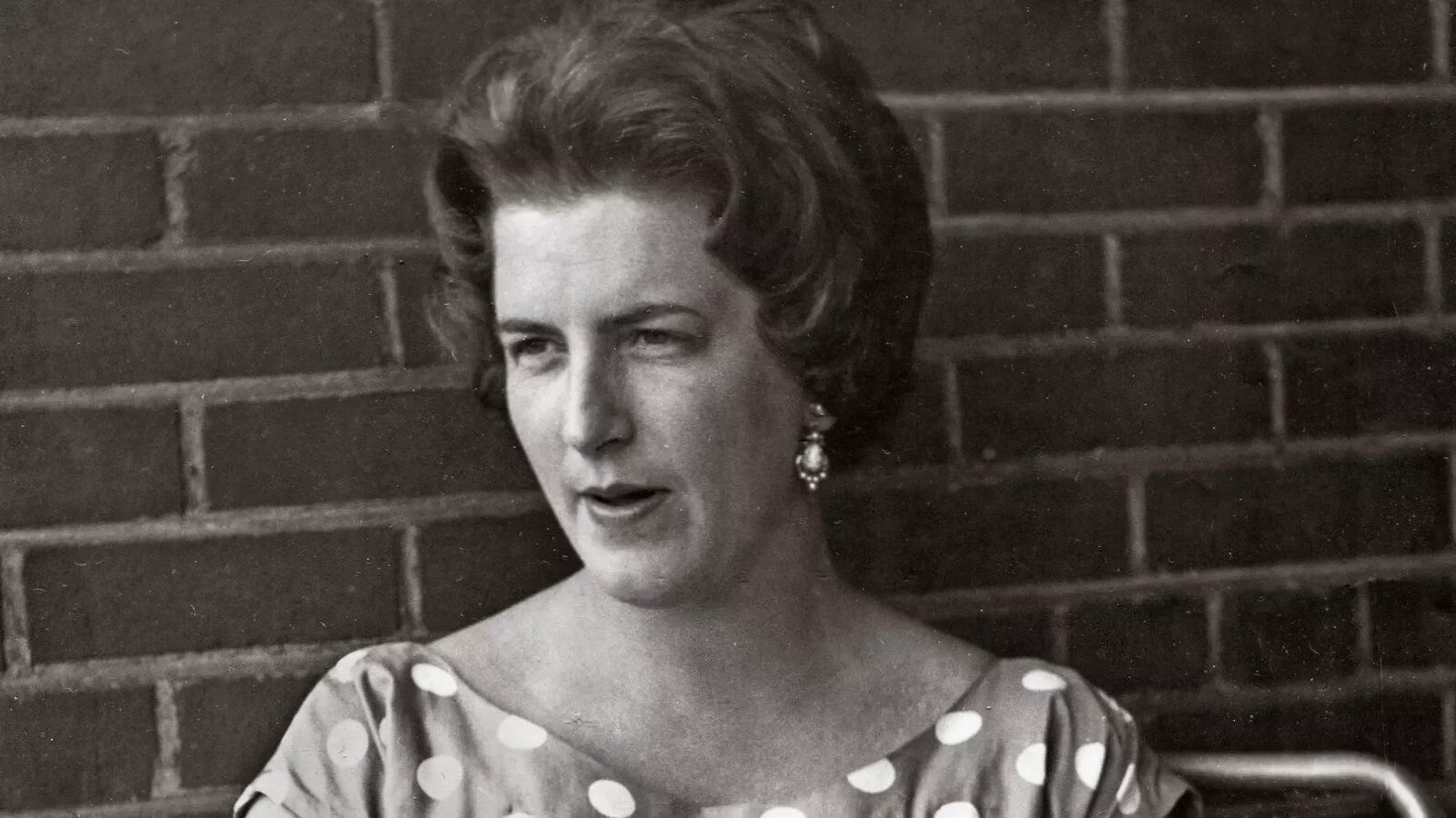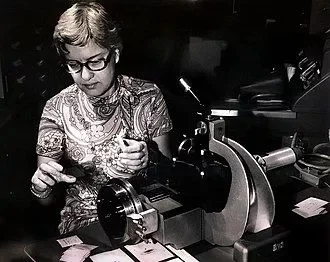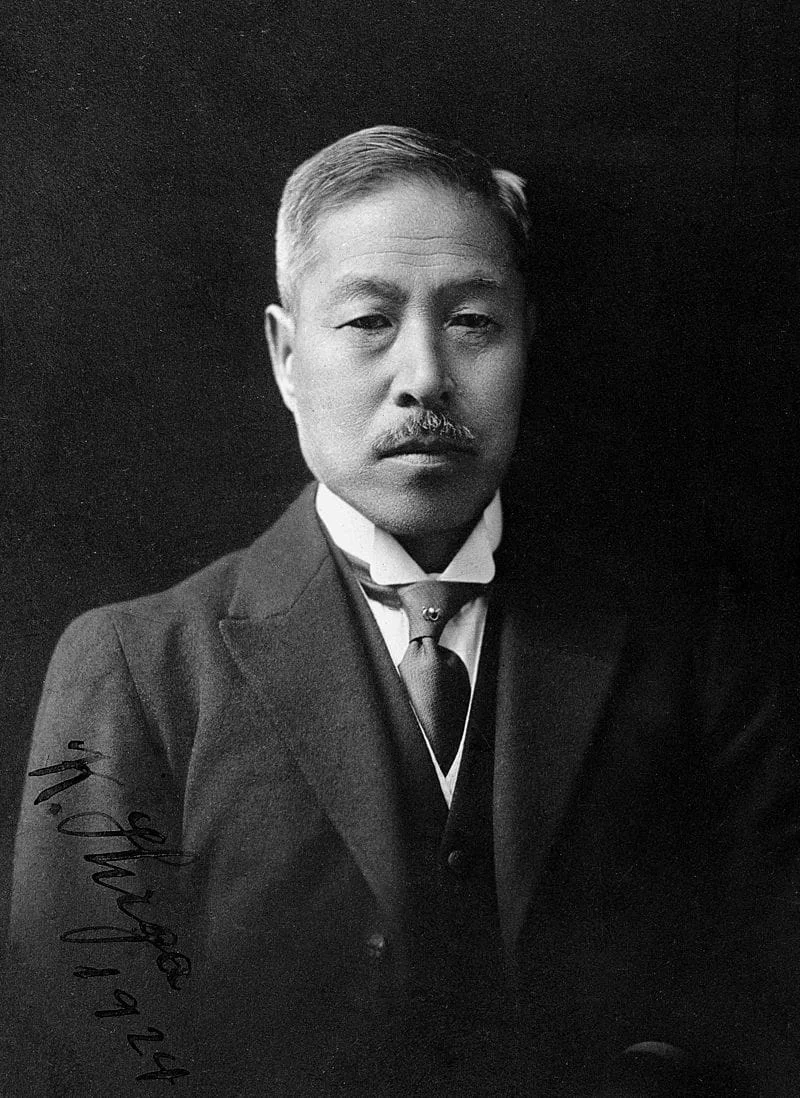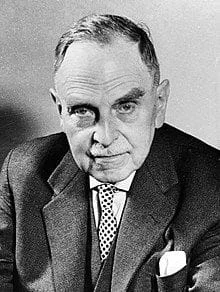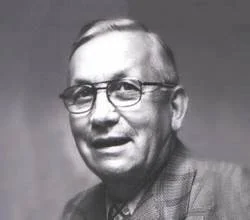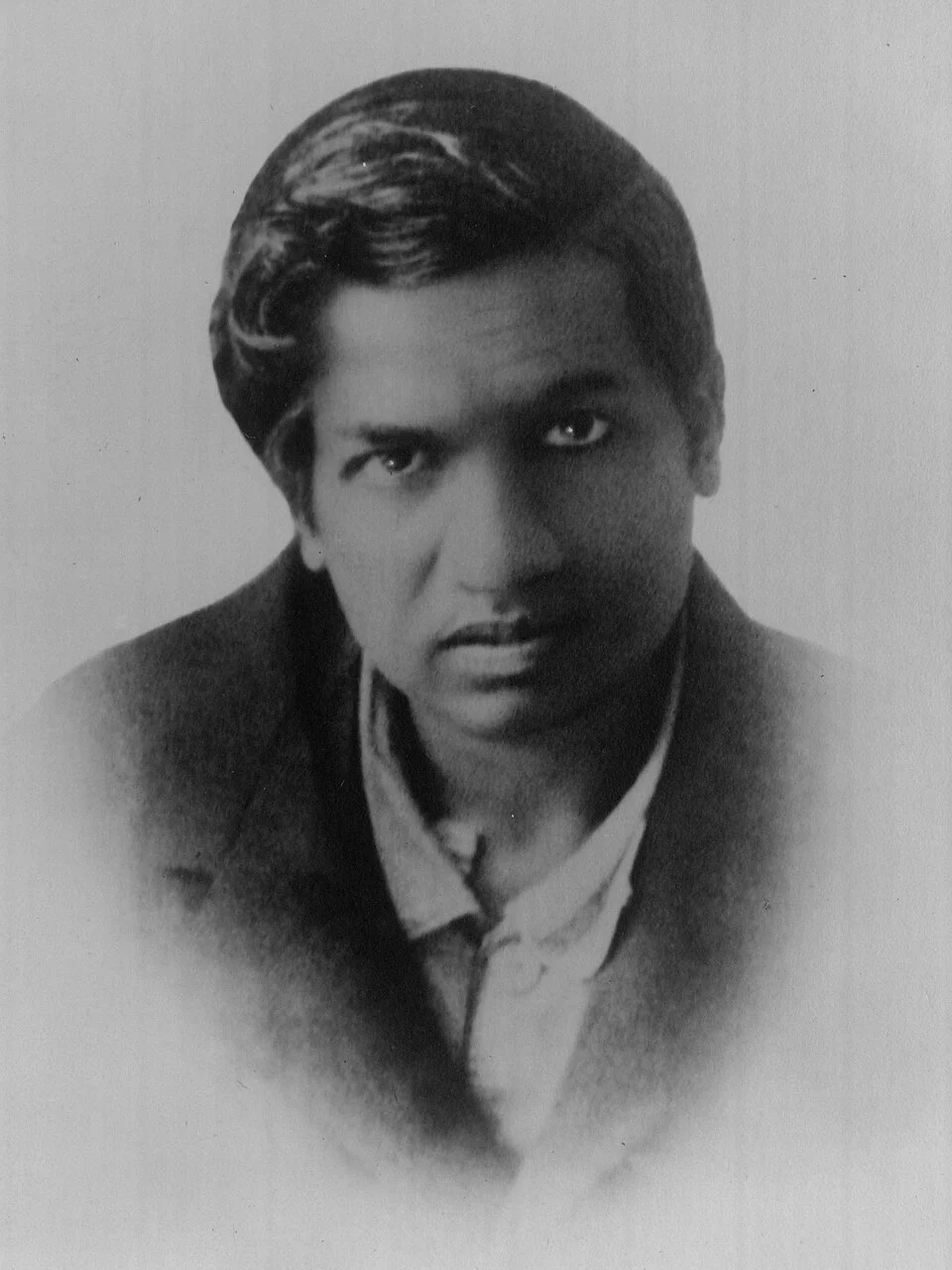Real Celebrities Never Die!
OR
Search For Past Celebrities Whose Birthday You Share
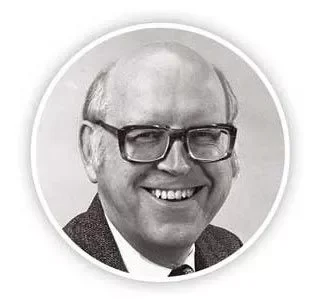
source:wikimedia.org
Allen Newell
Birthday:
19 Mar, 1927
Date of Death:
19 Jul, 1992
Cause of death:
Cancer
Nationality:
American
Famous As:
Researcher
Age at the time of death:
65
Allen Newell's Quote's
Early Life and Education
Allen Newell was a computer genius who made groundbreaking contributions to artificial intelligence (AI), cognitive science, and human-computer interaction. Newell was an American computer scientist and cognitive psychologist, born on March 19, 1927, in San Francisco, California.
In his humble beginning, Newell displayed an early aptitude for problem-solving and intellectual inquiry. He graduated with a bachelor’s degree in physics from Stanford University in 1949, but his curiosity soon led him to explore the burgeoning field of computer science.
After completing his degree, Newell joined the RAND Corporation, where his work intersected with his lifelong interests in problem-solving, logic, and the mechanisms of human cognition. It was at RAND that he met Herbert A. Simon, who became his mentor and long-term collaborator, forming one of the most influential partnerships in the history of AI and cognitive science
Career
Allen Newell’s career was marked by innovation, interdisciplinary collaboration, and a relentless pursuit of understanding how both humans and machines think. Alongside Herbert Simon and J.C. Shaw, Newell developed the Logic Theorist in 1955, a program capable of proving mathematical theorems, which is widely regarded as the first artificial intelligence program. This milestone marked the dawn of AI as a formal field of study.
Building on this success, Newell and Simon went on to create the General Problem Solver (GPS), a pioneering system designed to mimic human problem-solving using heuristic search methods and means-ends analysis. Their work laid the foundation for much of the progress in AI and inspired subsequent generations of researchers.
Newell joined Carnegie Mellon University (CMU), where he continued to innovate until his passing. At CMU, he co-founded the first artificial intelligence laboratory and expanded his research into cognitive architectures, notably developing the SOAR (State, Operator, And Result) cognitive architecture. This unified theory of cognition aimed to model the processes of learning, reasoning, and acting, bridging the gap between AI and psychology.
In addition to his technical achievements, Newell’s contributions to the philosophy of AI were profound. He proposed the Physical Symbol System Hypothesis, which argues that any system capable of exhibiting intelligence must manipulate physical symbols to reason and act. This hypothesis remains a cornerstone of cognitive science and AI theory.
Legacy and Impact
Allen Newell’s legacy is immense, influencing not only computer science but also psychology and human-computer interaction. His ability to connect ideas across disciplines earned him recognition as one of the most respected scientists of his time. Newell’s work continues to shape how we approach complex problems in fields ranging from AI to cognitive science.
Newell’s prolific career was honored with numerous prestigious awards, including the Turing Award in 1975 (shared with Herbert Simon), often considered the “Nobel Prize of Computing.” He was also the recipient of the U.S. National Medal of Science in 1992, a testament to the enduring impact of his contributions.
Beyond his technical achievements, Newell was deeply dedicated to fostering collaboration and mentorship. His leadership as the first president of the American Association for Artificial Intelligence (AAAI) exemplified his commitment to advancing the field and supporting its practitioners.
Allen Newell passed away on July 19, 1992, in Pittsburgh, Pennsylvania, at the age of 65, leaving behind a legacy of intellectual rigor and interdisciplinary innovation.
Name:
Allen Newell
Popular Name:
Allen Newell
Gender:
Male
Cause of Death:
Cancer
Spouse:
Place of Birth:
San Francisco, California
Place of Death:
Pittsburgh, Pennsylvania
Occupation / Profession:
Personality Type
Architect: Imaginative and strategic thinkers, with a plan for everything. Allen Newell was a visionary thinker, deeply analytical, and focused on creating systems to solve complex problems. His forward-thinking approach and ability to bridge disciplines made him an innovator in multiple fields.
Alongside Herbert Simon, Newell laid the groundwork for the cognitive psychology of problem-solving.
Co-developer of the programming language LISP, which became foundational to AI research.
His groundbreaking work in cognitive architecture influenced the development of systems used in AI and robotics.
His Physical Symbol System Hypothesis remains a central idea in AI and cognitive science.
Newell was passionate about interdisciplinary research, often blurring the lines between computer science, psychology, and philosophy.
Allen Newell won the Harry Goode Memorial Award by the American Federation of Information Processing Societies in 1971
He received the Alexander C. Williams Jr. Award (with William C. Biel, Robert Chapman and John L. Kennedy), Human Factors Society in 1979
He received the distinguished Scientific Contribution Award by the American Psychological Association in 1985
He received The Franklin Institute’s Louis E. Levy Medal in 1992
He received the William James Fellow Award (charter recipient) by the American Psychological Society in 1989
He was a Charter recipient of the Computer Pioneer Award from the IEEE Computer Society in 1981
He was awarded the A. M. Turing Award (with Herbert A. Simon), Association for Computing Machinery in 1975
He was elected as a member of the United States National Academy of Sciences in 1972.
He was elected to Fellow of the American Academy of Arts and Sciences in 1972
He won the IEEE Emanuel R. Piore Award in 1990
He won the IEEE W.R.G. Baker Prize Paper Award in 1990
He won the U.S. National Medal of Science in 1992
Newell became the first President of the American Association for Artificial Intelligence in 1980
Newell received an award for Research Excellence, International Joint Conference on Artificial Intelligence in 1989
Newell received the Guggenheim Fellowship by the John Simon Guggenheim Memorial Foundation in 1976-77
Newell was elected to member of the United States National Academy of Engineering in 1980

